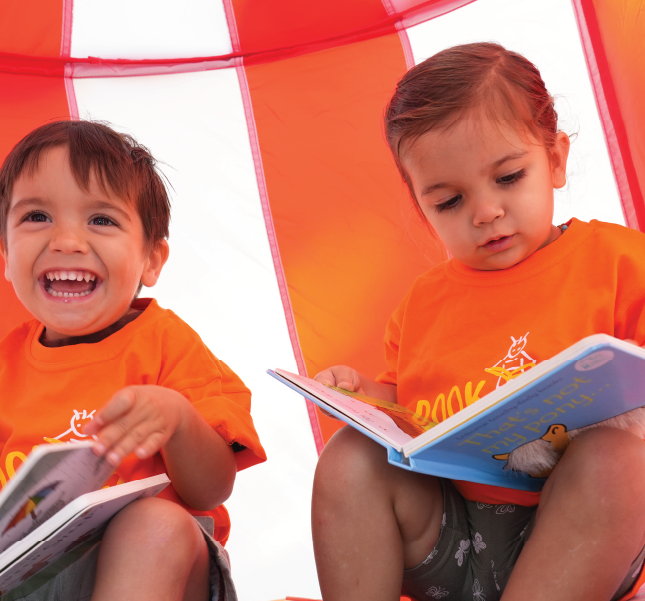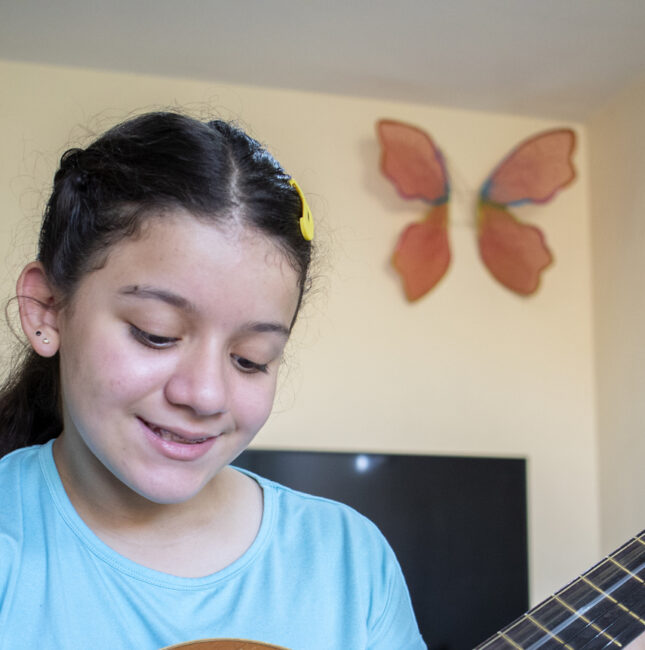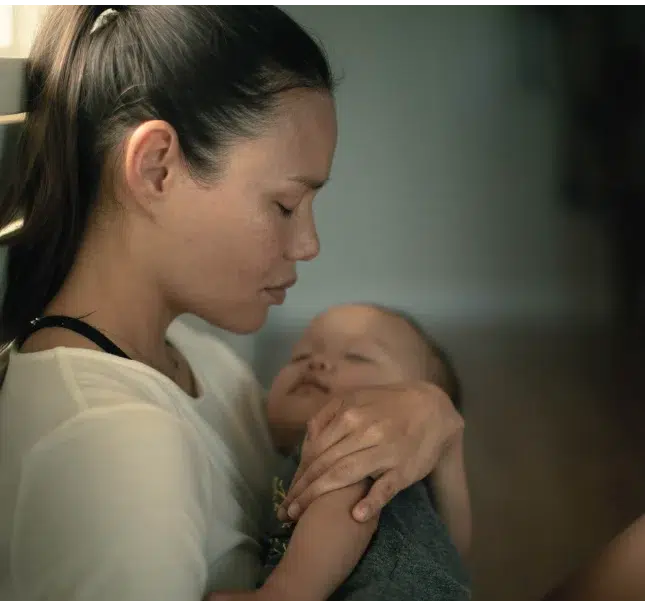What exactly is Family Dispute Resolution?
October 28, 2019
Family Dispute Resolution (FDR) is a specialised type of mediation service. It works to help families across Australia come to their own agreements without the court’s involvement. During family dispute resolution, families consider options and discuss any issues that they have a dispute on. They do this while being encouraged to focus on what is best for their children’s needs. You get an accredited and neutral Family Dispute Resolution practitioner who sits in on the meeting and helps guide it.
During this process, the main objective is to help families make a parenting plan that works for all parties involved. This parenting plan outlines future parenting arrangements. It’s a low-cost and practical way for families who are going through a separation to sort out their parenting arrangements with professional help working with them every step of the way.
Additionally, in Australia, the Family Law Act requires that families attempt at least one family dispute resolution session before going to a court and applying for court-ordered parenting plans. There are exceptions to this rule, and they include:
- Formalising a dispute agreement through consent orders
- Responding to a court application
- Child abuse or family violence is a factor
- Urgent circumstances
- One party can’t effectively participate due to geographical location or incapacity
- One party has shown a large disregard for the court in the past calendar year.
Benefits of Family Dispute Resolution
There are several benefits that come with choosing family dispute resolution over going straight to the court system. They include but are not limited to:
- Cost-effective – a child custody case can cost between $4,000 and $50,000 depending on how long and drawn-out it is with court costs. Family Dispute Resolution typically costs between $80 and $115 per hour, and this makes it much quicker and more cost-effective.
- Enhances parenting relationships – you learn to communicate and cooperate when you go through the dispute resolution process, and this can enhance your ongoing parenting relationships.
- Structured – when you go into a dispute resolution session, you get a structured environment to work on any issues. In turn, this can help resolve it quickly and with fewer issues. There are also no imposed decisions because the mediator is right there to keep everything balanced.
- Less stress – going through the court proceedings can be stressful and traumatic for everyone involved, including the children. This process is much more low-key, less stressful and less traumatic for every party.
- Longer conflict resolution – parties are less likely to break an agreement they made themselves, and this can lead to a longer period of no or few conflicts. If the court makes the contract, one or both parties are more likely to breach it.
How CatholicCare can help
At CatholicCare, we understand the Family Dispute Resolution process, and we offer cost-effective sessions for families going through a separation. Our team is ready and willing to help you deal with issues relating to your children like contact with grandparents, parenting plans and blended family issues. We can also help with communication breakdowns, parent and adolescent problems, passports, relocation, financial and property issues.
Our goal is to give our clients a stress-free environment and help guide them through the process as quickly and easily as possible. With years of experience and hundreds of families helped, we’re ready to help you too!
Please get in touch. Our staff are on-hand and ready to answer your questions or set up a consultation today!
More news stories like this one
Changing lives through literature
Many of us take it for granted that our kids will grow up learning to read and write, yet for many children throughout Australia, this is not the case. Lack of education and early literacy can affect children throughout their lives and lead to psychological damage, poor health, fewer job opportunities and lower incomes.
Read MoreBuilding a support network makes all the difference for Julia
It was May 2022, and Julia’s whole body went numb as she sat in a hospital room with her 14 year old daughter, Anna. They'd been discharged from the hospital, but they had nowhere to go.
Read MoreThe importance of post natal mental health
Parenthood can be an extremely emotional time for everyone as it brings immense change. It can be both joyous and...
Read More


